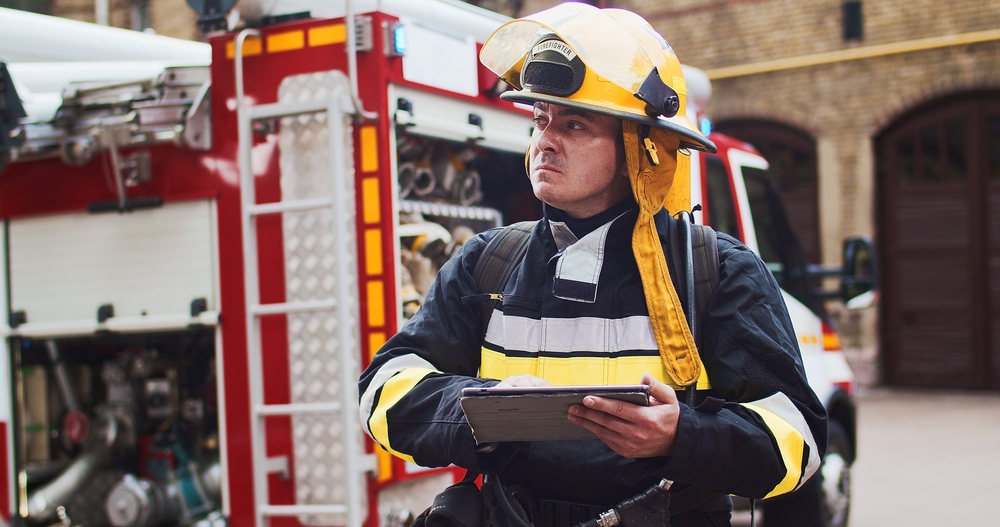

Are you gearing up to take the Fireguard F-60 test? Whether you’re aiming to launch a career in fire safety or seeking to advance in your current role, mastering this exam is crucial. In this guide, we’ll delve into everything you need to know about the F-60 test, from understanding its significance to effective study strategies and essential resources.
The F-60 test, also known as the Fireguard test F-60, is administered by the Fire Department of New York (FDNY). It’s a requirement for individuals seeking to obtain the Fireguard Certificate of Fitness, which is necessary for serving as a Fireguard in various premises across New York City. This certification is vital for maintaining fire safety standards and ensuring the protection of lives and property.
Obtaining the F-60 certification opens doors to a wide range of career opportunities in fire safety management. Fireguards play a crucial role in preventing and responding to fire emergencies, making them indispensable assets in diverse settings such as hotels, construction sites, theaters, and more. With the F-60 certification, you demonstrate your competency in fire prevention, firefighting techniques, and emergency response protocols, enhancing your employability and credibility in the field.
The F-60 test evaluates candidates on various topics related to fire safety and prevention. To excel in the exam, you need to familiarize yourself with the following key components:
Preparing for the F-60 test requires dedication and strategic planning. Here are some effective study strategies to help you succeed:
Mastering the Fireguard F-60 test is essential for anyone pursuing a career in fire safety management. By understanding the significance of the certification, familiarizing yourself with the exam’s key components, and employing effective study strategies, you can increase your chances of success. With dedication, preparation, and the right resources, you’ll be well-equipped to ace the F-60 test and embark on a fulfilling journey in the field of fire safety.
links
Our Services
Contact Us